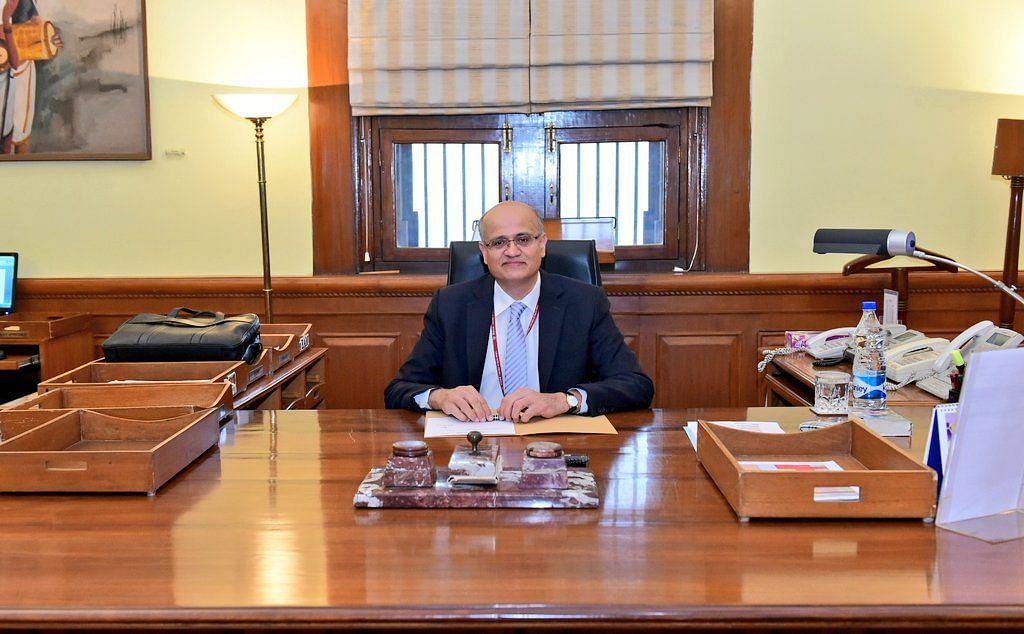Foreign Secretary Vijay Gokhale said India follows a policy of issue-based alignment, and should strive to be part of the rule-making process.
New Delhi: In a significant change of stance in its foreign policy, India Thursday said it is no longer a ‘non-aligned’ state, and follows issue-based alignment.
“India has moved on from its non-aligned past. India is today an aligned state — but based on issues,” Foreign Secretary Vijay Gokhale said during a session titled ‘The Road to 2030: Challenges, Partnerships and Predictions’ at the Raisina Dialogue, organised by the Observer Research Foundation.
The Foreign Secretary’s remark comes at a time when India is increasingly being looked at as a US ally, with growing strategic and security alignment in the form of the Quadrilateral and the Indo-Pacific, which are aimed at restraining the increasing might of China.
The idea of the Non-Aligned Movement was jointly conceived by India’s first Prime Minister Jawaharlal Nehru, Indonesia’s President Sukarno, Egypt’s President Gamal Abdel Nasser, Ghana’s President Kwame Nkrumah, and Yugoslavia’s President Josip Broz Tito. However, the term, ‘Non-Aligned Movement’ (NAM) was coined by Indian diplomat V.K. Krishna Menon at the United Nations in 1953, and later promoted by Nehru.
Also read: New foreign secretary choice shows India will stand up to aggressive China
Time to become part of rule-making process
Gokhale, who addressed the concluding session of the Raisina Dialogue, also said it’s time India becomes part of the rule-making process.
“In the rules-based order, India would have a stronger position in multilateral institutions,” he said.
He also alluded to the fact that as the most diverse country in the world, Indians realise the most that there is no alternative to democracy, and that is asserted by Indians every five years.
Gokhale added as India moves into the future, the partnerships that will impact India the most and where India will have a major role to play are the G-20 and the Indo-Pacific.
